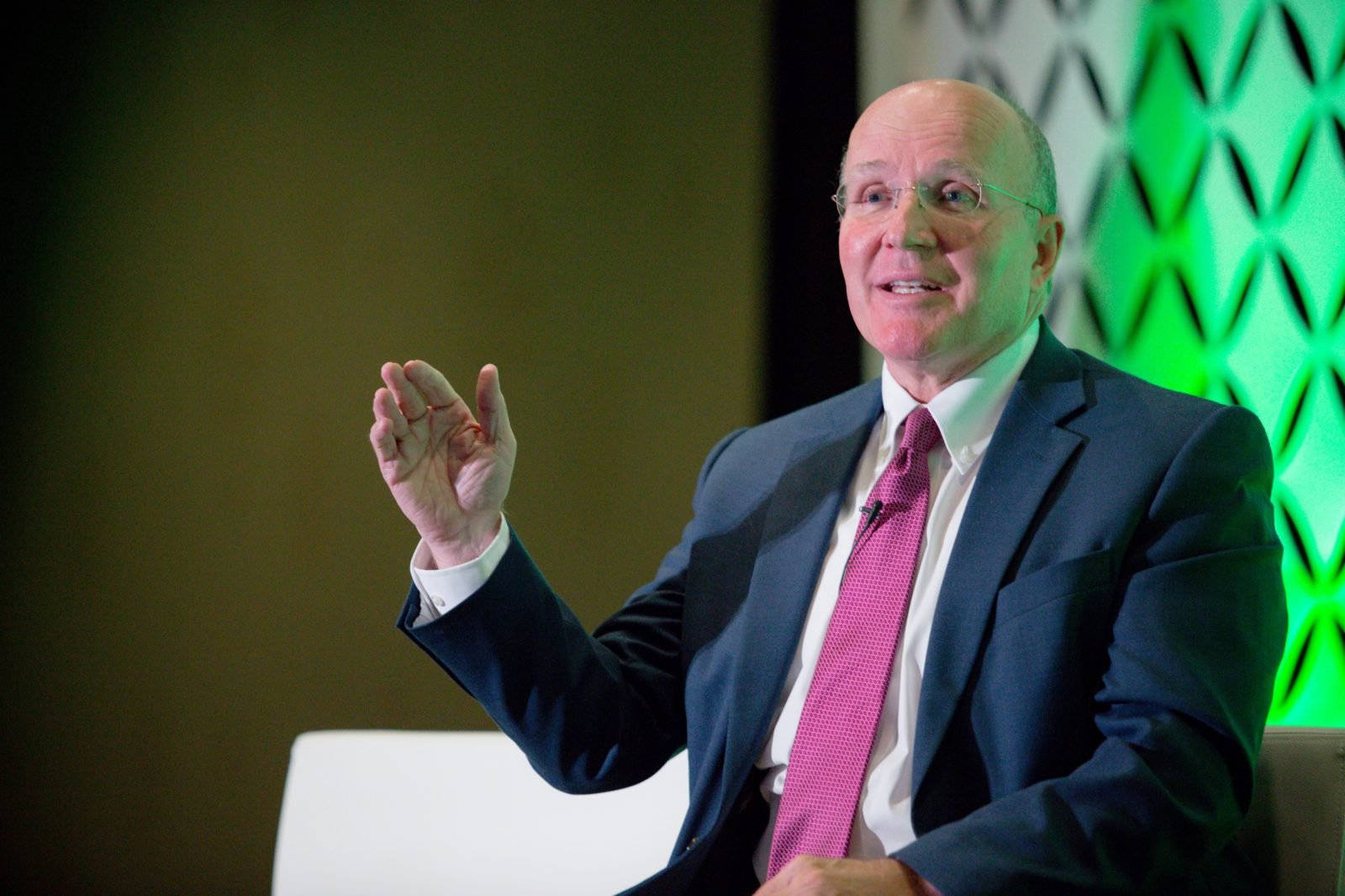Ron and Ed were at Sage Summit 2017 in Toronto and recorded an episode featuring a great panel discussion on the bookkeepers and accountants of the future. While the job description for accounting professionals has largely stayed the same, technologies and laws have come into play to change the way business is done. It is time that accountants alter the way they do business to keep up with the shifting tide. Join our discussion with Dianne Mueller, Rachel Fisch, and Tamar Satov.
Listen to Part One here - http://thesoulofenterprise.com/toronto1
Tamar Satov is the managing editor at CPA Magazine, and is an award-winning journalist specializing in business, parenting and personal finance. Her work has appeared in Canadian Living, Today’s Parent, Report on Business Magazine, Canadian Business and Vancouver magazine. She also contributes to CPA Canada’s financial literacy blog, sharing advice and anecdotes on her efforts to raise a money-smart kid.
Rachel Fisch is the National Bookkeeping Lead for Deloitte Canada and has over 20 years of experience in roles from Bookkeeper to Controller for growing businesses. She is in demand as a dynamic speaker and thought leader from local to International conferences and events. Rachel is passionate about supporting the bookkeeping and accounting community through her own experience and expertise, including the 1,500 member (and growing) Facebook Group QB-HQ. She continues to be an advocate of the highest level for cloud-based accounting and the app ecosystem, creating seamless workflow solutions for clients of all sizes across Canada. Rachel lives with her very patient husband and two amazing daughters near Toronto.
Dianne Mueller is the founder and president of the Institute of Professional Bookkeepers in Canada and Soma Small Business Solutions. For over 12 years she and her team have been helping small business entrepreneurs keep their financial position up front and central in their business. Established in 1997 and located on the Sunshine Coast of British Columbia, Soma provides professional outsourced bookkeeping, with full cycle accounting and payroll services. Soma has earned a reputation as a reliable and very knowledgeable source of bookkeeping help.

















